
Private-label development in the UK has been characterised for some years now by the ‘good, better, best’ hierarchy. On top of these three bands there has also been a proliferation of narrow lines, from organic to gluten free.
Such choice, not overlooking the proprietary brands too, has given the British shopper an incredible choice, allowing supermarkets to grow from relatively humble roots in the 1950s and 1960s to gigantic hypermarkets. That choice remains a key feature of any successful fightback by large stores against the discount retailers. However, that choice needs to be reappraised as the economics of supermarketing in the UK go through adjustment.
“Volumes per SKU have reached a plateau and in many cases fallen”
The simple truth is that, through an economic depression, volumes per SKU have reached a plateau and in many cases fallen. Falling volumes with gross margin pressure is an unpalatable formula for both suppliers and retailers. This point is particularly so if limited-assortment discounters have economics whereby large volumes per SKU are being sold with cost and price leadership that makes the economics of the large superstores and hypermarkets all the more difficult. If the discounters’ volumes contain an element of marginal economics, piggybacking off the production runs of the major players, then a particularly interesting business situation arises: discounter margins rising, superstores’ falling.
The response by retailers and suppliers alike is to adjust their economics. A balancing act between the vices and virtues of choice is being managed in the search for longer production runs to help large stores compete on price with discounters. We believe this will lead to a rethink of the ‘good, better, best’ hierarchy. We can see a merging of ‘good’ and ‘better’ as the discounters have already done to a great extent, while ‘best’ may be redefined perhaps to more clearly match what the word implies.
In this mix proprietary brands and true specialisms (eg Fairtrade) are likely to survive but with much greater pressure on ‘nice-to-have lines’. Such work will annoy some customers but should also make for a lower cost and ultimately more sustainable mass supermarket industry and supply chain.
Clive Black is head of research at Shore Capital Stockbrokers




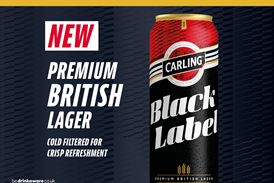


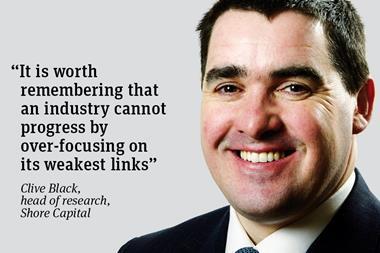
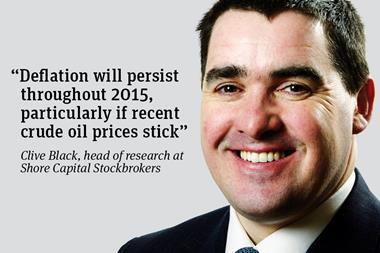
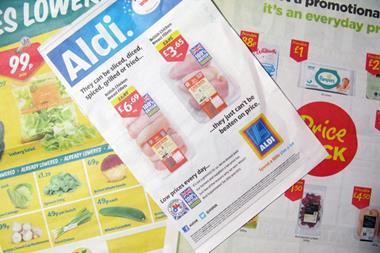

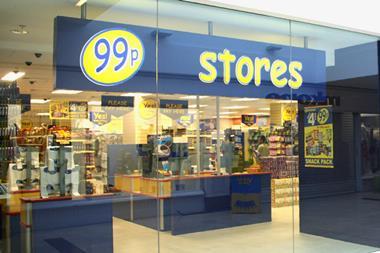
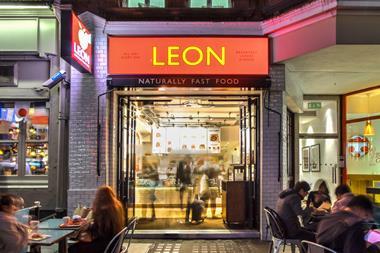
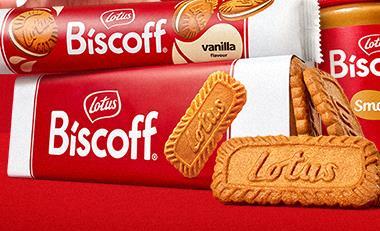
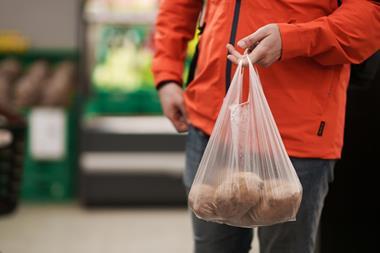




No comments yet